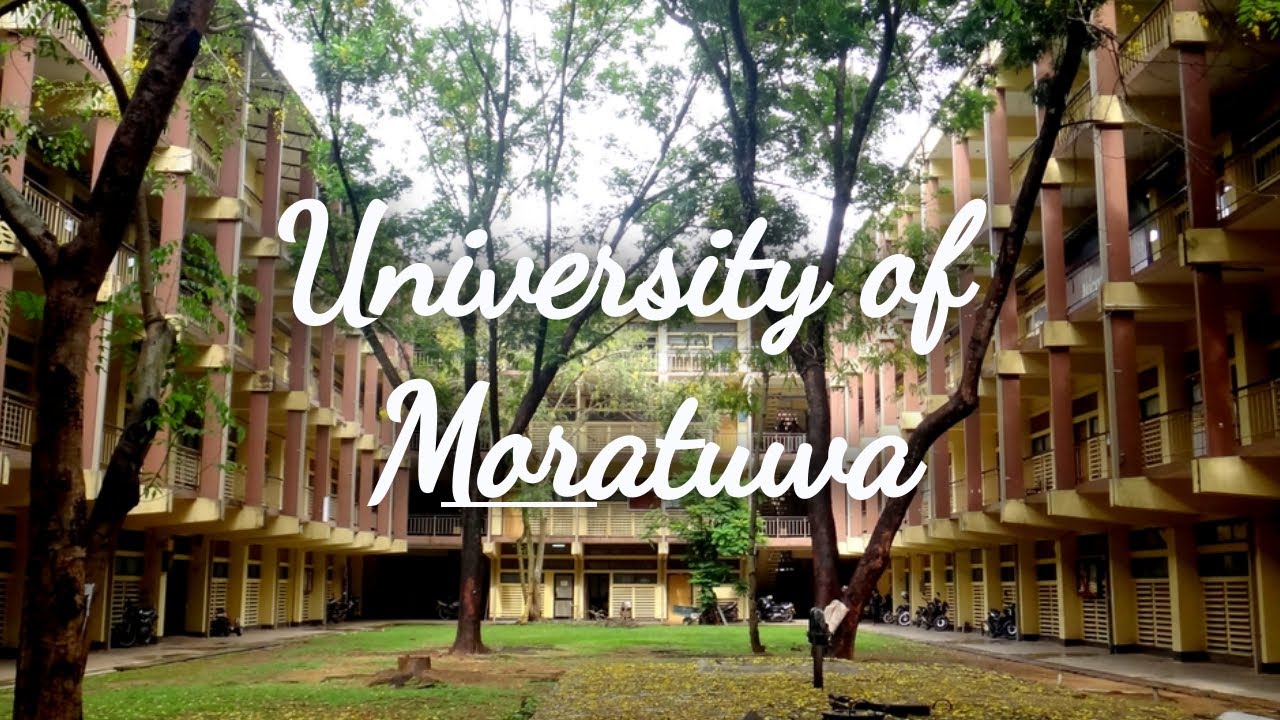
The University of Moratuwa (UOM), the successor to the Institute of Practical Technology, Katubedda set up in 1960 and Ceylon College of Technology set up in 1966, commenced functioning as Katubedda Campus on 15th February 1972.
Under the provisions of Universities Act No. 16 of 1978, the Katubedda Campus of University of Sri Lanka acquired the status of an independent University with its present corporate name "The University of Moratuwa, Sri Lanka". At present , the UOM consists of five faculties namely Architecture, Business, Engineering, Graduate Studies and Information Technology. It has twenty two (22) academic departments offering twelve (12) Bachelors degree programs to students selected by the University Grants Commission (UGC) and fifty six (56) postgraduate programs conducted on cost recovery basis.
The University of Moratuwa has gained reputation as the overall best university in Sri Lanka today. In terms of education, the university strives to produce "world class graduates" in technological fields- who can gain admission easily to any postgraduate program of a reputed world class University and perform as good as any graduate from an internationally reputed University both in higher studies and practice. The overall goal of the UOM therefore, is to produce academically sound , self confident, flexible, highly employable, internationally recognized quality graduates who are readily employable soon after the graduation, and also to train our students to become "job creators" rather than "job seekers" when they graduate. It should be highlighted that the UOM produces highly employable world class quality graduates in engineering, architecture quantity surveying , design, town and country planning, facilities management, information technology and transport & logistics management at a cost of around US$ 7600 (as per exchange rate 2014) per student (recurrent), which is less than the annual salary of many of our new graduates.
The university has set several goals in order to be an active player in the economic development of our country while contributing to making Sri Lanka a "Knowledge Hub" by strategic planning and implementing many initiatives.